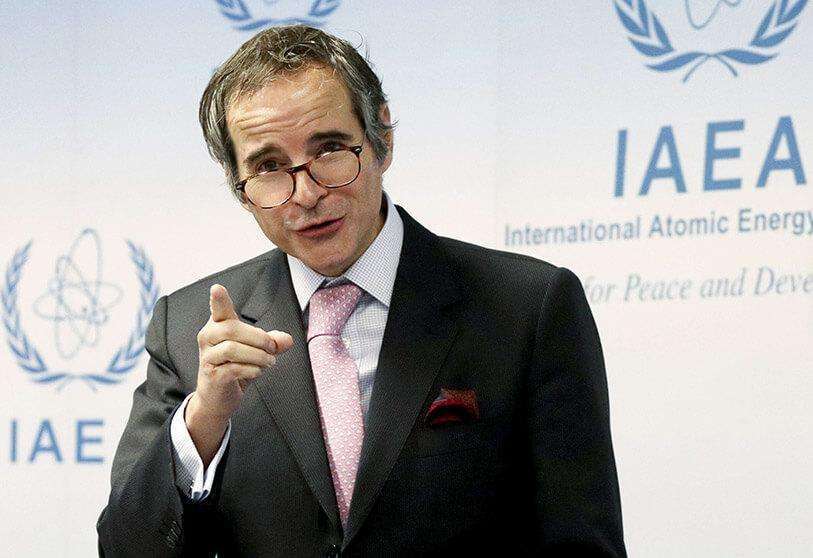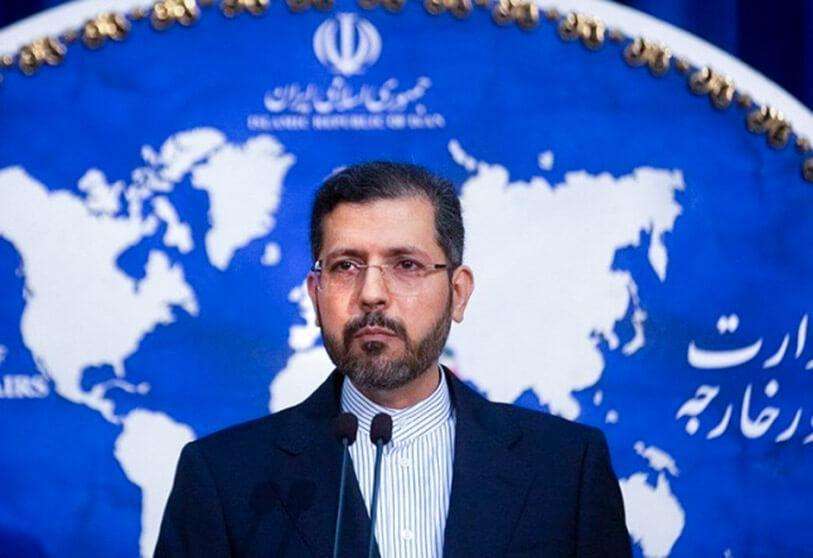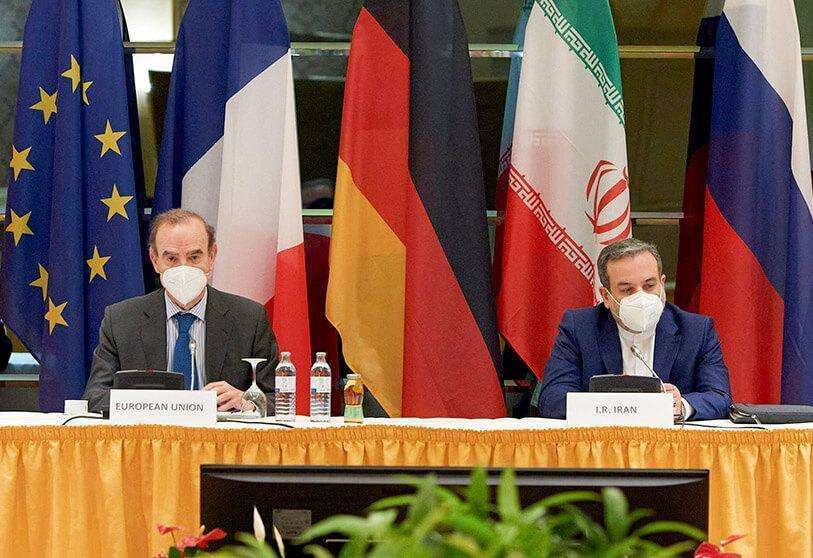The return to the nuclear deal continues to drag on

The International Atomic Energy Agency (IAEA) has expressed its "discomfort" following Iran's announcement that it will not resume talks in Vienna on a return to the nuclear deal until the newly elected president, Ebrahim Raisi, is sworn in and forms a government.
The EU-sponsored Vienna talks have now gone through six rounds of negotiations. The last session took place last June, and although the Biden administration has repeatedly expressed its intention to return to the 2015 nuclear deal, in practice it is not so easy. Iran, under President Hasan Rohani, and the United States, during the Obama Administration with current US President Joe Biden as Vice President, concluded a nuclear deal in 2015 that limited Iran's nuclear programme in exchange for economic sanctions relief.

In 2018 the Donald Trump administration decided to unilaterally withdraw from this agreement and re-impose sanctions on the Islamic Republic, imposing a "policy of suffocation" on the Persian country. Many European countries criticised this decision, while countries such as Israel, a great enemy of Iran, applauded the reimposition of sanctions. Since the United States pulled out of the JCPOA, Iran has been skirting the nuclear deal by enriching a small amount of uranium to 60 per cent, whereas the nuclear deal limited Tehran's programme to enrichment of up to 3.67 per cent, enough to power a civilian nuclear reactor.
IAEA director Rafael Grossi said in an interview that "there are a number of issues, issues that we are trying to clarify with Iran and we will have to wait to restart [discussions] again with the next leadership team". Grossi added that "this puts us in a rather awkward situation", but pointed out that he was referring to "the IAEA, I don't know about the others [participants in the negotiations], but I guess they would rather be negotiating than waiting".

Grossi re-emphasised that the organisation is "sailing blind". "But we have to be optimistic, professionally optimistic, and say: we have to wait and start again as soon as possible, as soon as the new government is in place," he said. At the end of June, an agreement between the IAEA and the Islamic Republic, under which the IAEA could carry out inspections and verifications of Iran's atomic programme, came to an end. This agreement ended on 24 June and, according to Grossi himself, it has not been possible to reach a new agreement.
For his part, the spokesman for the Iranian Foreign Ministry, Saeed Khatibzadeh, has once again stressed that the Vienna talks on the reactivation of the 2015 nuclear agreement will resume under the new government in Tehran. Khatibzadeh, in a press conference with local media, also referred to the controversy over a possible prisoner exchange between Iran and the United States, which the latter denies. The Islamic Republic announced last Sunday that an agreement had been reached with the United States for such an exchange to take place, but Washington denied the information.

Khatibzadeh called the US attitude "outrageous". "In addition to the JCPOA talks in Vienna, we had parallel but separate talks with the US indirectly and with the UK on this humanitarian issue. What the US is doing is linking a human issue to political issues," the Iranian foreign spokesman said.









